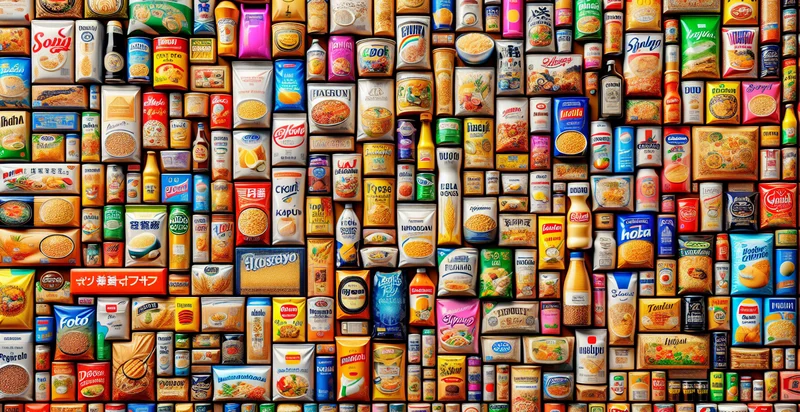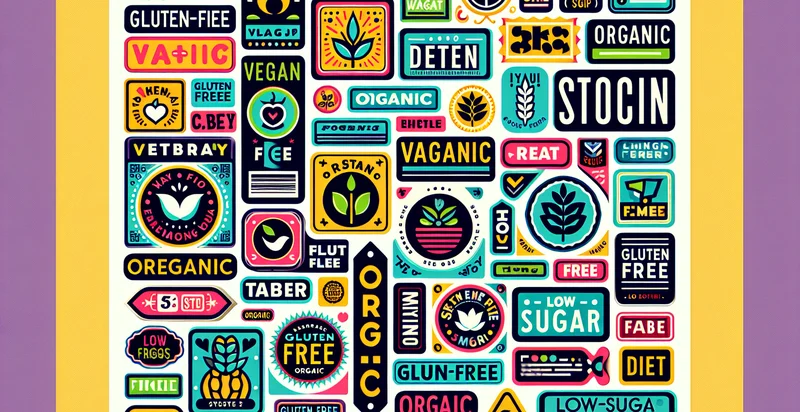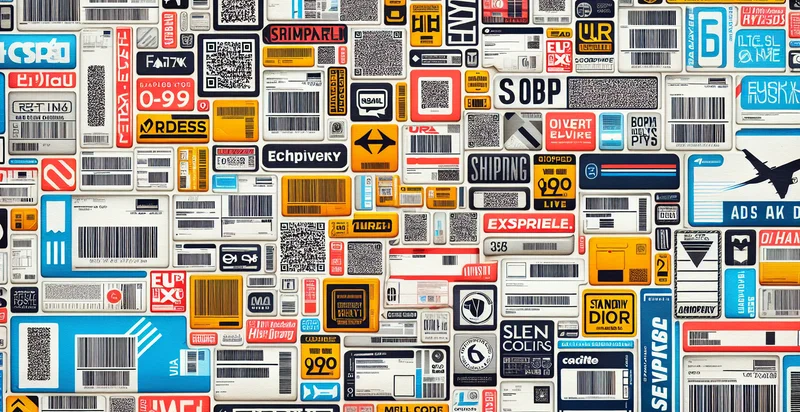Identify international food labels
using AI
Below is a free classifier to identify international food labels. Just input your text, and our AI will predict what type of international food label it is - in just seconds.

Contact us for API access
Or, use Nyckel to build highly-accurate custom classifiers in just minutes. No PhD required.
Get started
import nyckel
credentials = nyckel.Credentials("YOUR_CLIENT_ID", "YOUR_CLIENT_SECRET")
nyckel.invoke("international-food-labels", "your_text_here", credentials)
fetch('https://www.nyckel.com/v1/functions/international-food-labels/invoke', {
method: 'POST',
headers: {
'Authorization': 'Bearer ' + 'YOUR_BEARER_TOKEN',
'Content-Type': 'application/json',
},
body: JSON.stringify(
{"data": "your_text_here"}
)
})
.then(response => response.json())
.then(data => console.log(data));
curl -X POST \
-H "Content-Type: application/json" \
-H "Authorization: Bearer YOUR_BEARER_TOKEN" \
-d '{"data": "your_text_here"}' \
https://www.nyckel.com/v1/functions/international-food-labels/invoke
How this classifier works
To start, input the text that you'd like analyzed. Our AI tool will then predict what type of international food label it is.
This pretrained text model uses a Nyckel-created dataset and has 31 labels, including All Natural, Artisan, Cage Free, Dairy Free, Fair Trade, Fresh, Frozen, Gluten Free, Halal and High Protein.
We'll also show a confidence score (the higher the number, the more confident the AI model is around what type of international food label it is).
Whether you're just curious or building international food labels detection into your application, we hope our classifier proves helpful.
Related Classifiers
Need to identify international food labels at scale?
Get API or Zapier access to this classifier for free. It's perfect for:
- Regulatory Compliance Verification: Companies can utilize the international food labels identifier to ensure that their products adhere to food labeling regulations in various countries. By analyzing labels, the function can highlight discrepancies or omissions that may lead to regulatory fines or delays in market entry.
- Market Entry Strategy: Businesses looking to enter new markets can use the identifier to analyze the labeling requirements of competitors in those regions. This insight can help shape their own labeling strategies to better appeal to local consumers and comply with local laws.
- Supply Chain Management: Manufacturers can implement the identifier to streamline their supply chain processes by ensuring that all labels used on products are correctly aligned with international standards. This can reduce errors, minimize recalls, and improve overall operational efficiency.
- Consumer Education and Safety: Retailers can employ the identifier to ensure that the food labels they display are accurate and informative, helping consumers make safe and informed choices. This function can be especially useful for addressing allergen information and nutritional content.
- Brand Reputation Monitoring: Companies can leverage the identifier to monitor their own and competitors' food labels for potential misleading claims or inaccuracies. By proactively addressing these issues, businesses can protect their reputation and foster consumer trust.
- Product Development and Reformulation: Food manufacturers can use the tool to identify trends in food labeling across different regions, such as popular health claims or ingredient preferences. This information can drive product innovation and reformulation efforts to better meet consumer demand.
- Consumer Feedback Analysis: By incorporating the international food labels identifier into feedback collection processes, businesses can analyze consumer sentiment regarding food labels and packaging. This can lead to actionable insights that refine marketing strategies and improve customer satisfaction.


